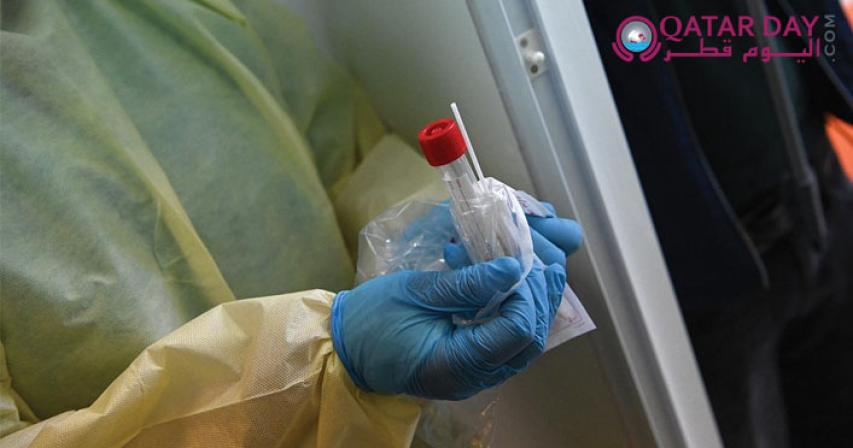How to know if you completely recovered from COVID-19?
- 4 years ago

As the number of coronavirus cases increased in recent days, so did the number of patients considered to have recovered, going up to a total of 16 so far.
But what does it really mean to recover from COVID-19?
Health authorities across the world are still grappling with trying to understand the novel virus and its impact. However, studies on some of the earlier cases have started to shed some light on certain aspects, including recovery.
According to the latest technical report by the European Centre for Disease Prevention and Control (ECDC), published this week, a person is considered to have clinically recovered if two tests taken 24 hours apart return negative. These swabs are taken from the upper respiratory tract – the throat area.
This is also the position of the World Health Organisation and the process by which the health authorities are establishing whether a patient is considered to have recovered from the virus or not.
According to the WHO, clinical recovery for mild cases is approximately two weeks while it is about three to six weeks for patients with severe or critical diseases.
Those considered to have recovered must still remain under quarantine for a further 14 days to ensure they are no longer shedding the virus.
When patients shed a virus, they could be at risk of infecting others, though researchers are still studying COVID-19 to learn whether this is the case.
According to the ECDC, prolonged viral shedding has been reported – in some cases for up to 37 days after the onset of symptoms.
Some cases of patients testing positive again after having tested negative for the virus have been reported in China, Japan and South Korea.
Source: Times of Malta
Comments